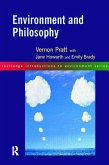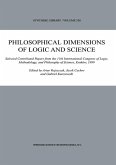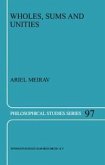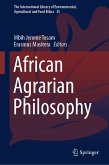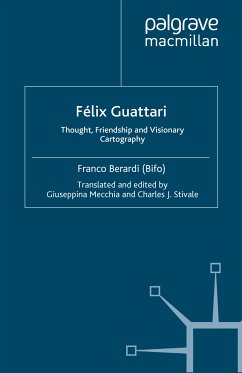The editors articulate the epistemological doctrine that perception and imagination form a continuum in which both are always implicated as complements. This approach makes a case for the interrelation of the geography of perception and the geography of imagination, which means that human/cultural geography offers only an abstraction if indeed an aesthetic geography is constituted merely as a sub-field. Human/cultural geography can only approach spatial reality through recognizing the intimate interrelative dialectic between the imaginative and perceptual meanings of our landscapes/place-worlds. This volume reinvigorates the importance of the topic of symbolism in human/cultural geography, landscape studies, philosophy of place, architecture and planning, and will stand among the classics in the field.
Dieser Download kann aus rechtlichen Gründen nur mit Rechnungsadresse in A, B, BG, CY, CZ, D, DK, EW, E, FIN, F, GR, HR, H, IRL, I, LT, L, LR, M, NL, PL, P, R, S, SLO, SK ausgeliefert werden.




